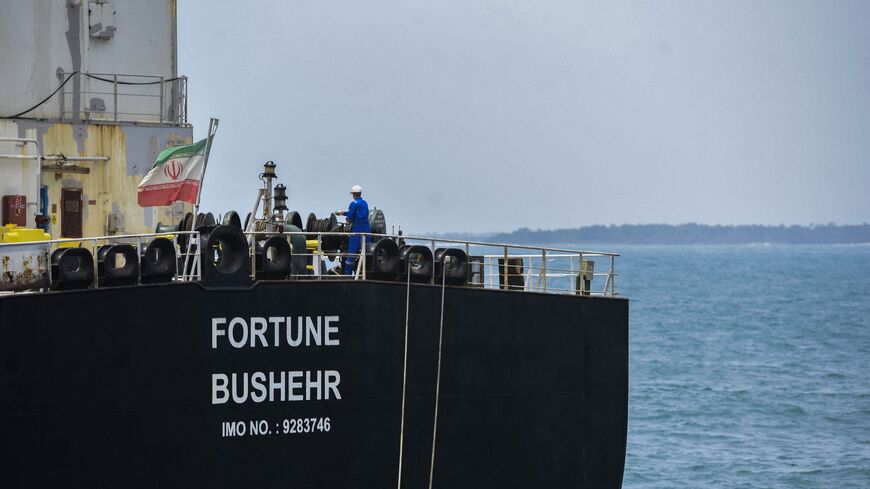WASHINGTON — The Biden administration announced a batch of new sanctions Thursday aimed at curbing Iran’s energy exports.
The department added six shipping companies and petrochemical manufacturers to its sanctions blacklist, as well as 20 affiliated shipping vessels. The designated firms, which are located in Iran, China, Vietnam and the United Arab Emirates, are accused of helping transport or sell Iranian petroleum or petrochemical products.
The Treasury Department also issued a general license approving certain transactions with the designated vessels under a “wind down” period lasting through late June.
Iran’s oil sector has been under heavy US sanctions since former President Donald Trump withdrew from the nuclear agreement in 2018. The latest sanctions come as efforts to revive the multilateral deal have stalled for months, mainly over Iranian demands that the United States said fell outside the scope of the nuclear deal.
Absent a revived pact, the Biden administration has pledged to step up its use of sanctions targeting Iran’s illicit oil revenue.
“These designations underscore our continued efforts to enforce our sanctions against Iran,” Secretary of State Antony Blinken said in a statement Thursday. “We will not hesitate to take action against those who try to circumvent our sanctions.”
Last month, the Treasury Department designated nine entities it said were involved in producing, shipping and selling Iranian petrochemicals and petroleum to buyers in East Asia.
The new sanctions come as Iran makes alarming progress on uranium enrichment.
The UN nuclear watchdog, the International Atomic Energy Agency, recently confirmed the presence of uranium enriched to near weapons-grade levels at Iran’s underground Fordow nuclear site. Iran, which insists its nuclear program is used only for peaceful purposes, was already known to be stockpiling uranium enriched to up to 60% in breach of the nuclear accord.
The latest uranium discovery comes as Western pressure mounts on Iran for its heavy-handed response to nationwide protests and its provision of drones to Russia for use in Ukraine. On March 6, the IAEA board of governors will hold its quarterly meeting and decide whether to formally censure Iran for its nuclear activities.








